Discover how early experiences shape the brain and how you can use neuroscience-informed strategies to repair attachment wounds and foster secure, healing relationships.
Discover how early experiences shape the brain and how you can use neuroscience-informed strategies to repair attachment wounds and foster secure, healing relationships.
Most therapists understand the theory of attachment.
But many are still searching for a practical, neuroscience-informed path to healing it.
Because attachment isn’t just relational—it’s neurological.
From the first moments of life, our earliest interactions shape the developing brain.
They form implicit memories, regulate our nervous system, and lay the groundwork for how we experience trust, safety, and connection.
When those early experiences are marked by inconsistency, neglect, or trauma…
The brain adapts—creating protective patterns that persist long after the original threat is gone.
And that’s where healing often gets stuck.
To help clients move beyond insight into transformation, we must understand the biology beneath their patterns.
To foster true change, we need tools that speak the brain’s language.
You know that there must be a better way to help people—that keeps them feeling safe and honors the way they need to be heard.
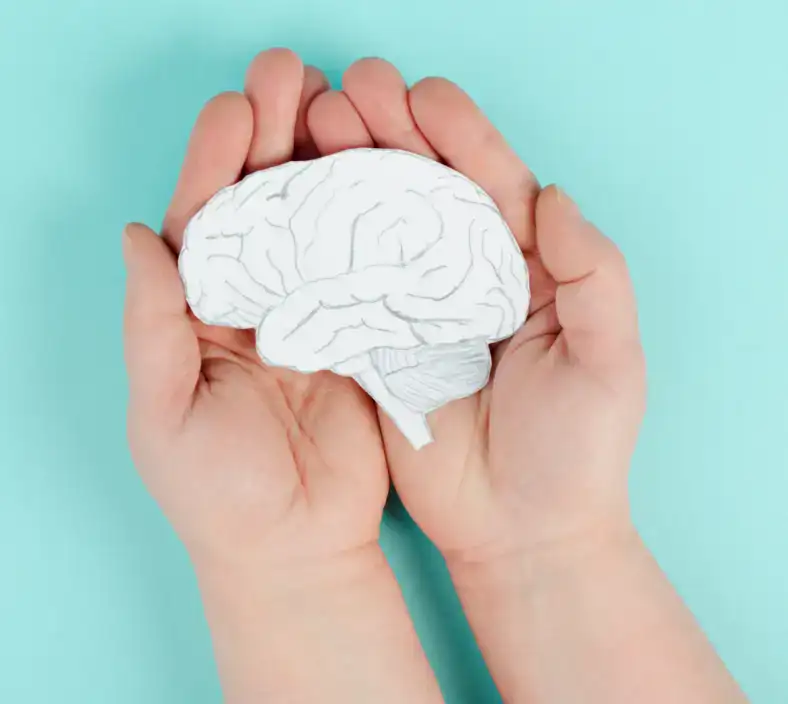

A clear, compassionate framework that bridges the latest neuroscience with real-world clinical practice so you can help clients rewire attachment wounds at their root.
Fortunately, the brain is built for change. Healing is possible at the very level where attachment injuries take root.
Because protective patterns are wired into the nervous system, clients often struggle to shift them on their own. But with the right tools, therapy can create the conditions for safety, connection, and repair.
In this course, Dr. Diane Poole Heller offers a clear, neuroscience-informed framework that shows you how to translate theory into practice. You’ll learn concrete strategies to engage implicit memory, regulate the nervous system, and support clients in moving from trauma-driven responses into healthier patterns of relating.
When you can address the underlying biology of long-rooted relational wounds, it becomes easier to help clients break free of the cycles that hold them back, opening the door to resilience, secure attachment, and deeper connection.
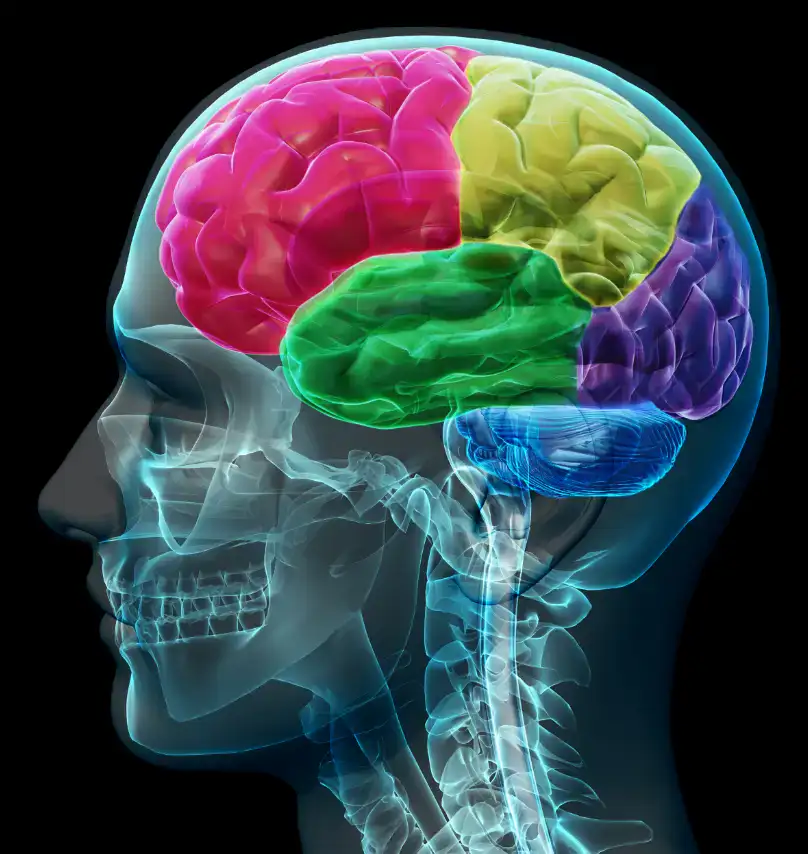
Module 1: The Neurobiology of Attachment
Module 2: Attachment and Languaging
Module 3: Understanding the Brain
Module 4: Polyvagal Theory in Practice
Module 5: Intergenerational Trauma and Inherited Wounds
Module 6: Clinical Integration
Each module includes both recorded training and LIVE teaching with in-depth reviews of client demos, Q&A, and optional breakout group discussions.
Enrollment is now open. This course is only offered once a year.


Try the Neurobiology, Trauma, and the Path to Secure Relationships course 100% risk-free.
If, for any reason, you don’t feel it meets your needs, please contact our friendly Customer Support Team within 7 days of the course start date (on or before October 1, 2025) and we’ll happily issue you a refund.
“I absolutely loved learning from Diane. It was such an honor to get the direct transmission. I also appreciate her method of delivery, which was more aligned with my learning style. This was my favorite module. The content helped bring the work together for me. By the end of this module things started to click a bit more. I was more able to use this with my clients upon returning to work with good results.”
Sarah- Licensed Therapist
Learn how early experiences shape the brain and apply neuroscience-informed strategies to repair attachment wounds and build secure, healing relationships.
Each week, you’ll get access to a newly recorded training video, including downloadable audio and transcripts and course companion guide, plus a LIVE 90-minute call with Dr. Heller.
Over six weeks, we move step by step through the neurobiology of attachment, the role of language, core brain systems, polyvagal theory, and intergenerational trauma. Each session includes live teaching, clinical insights, experiential exercises, and Q&A.
We conclude by bringing it all together with a final module on clinical integration, showing you how to translate theoretical insights into practical strategies you can apply immediately in your work with clients.


Each week, you and your colleagues join Dr. Diane Poole Heller for a 90-minute LIVE call featuring teaching, clinical insights, and real client demonstrations.
At the end of each session, there’s dedicated time for your questions and answers, plus optional breakout groups for further discussion and integration.
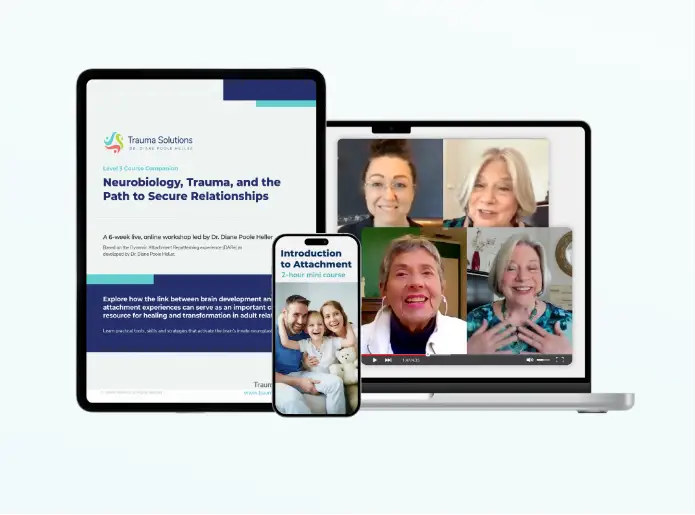
Along with the live training, you’ll receive five powerful bonuses: a foundational mini-course on attachment, expert interviews with Dr. Aimie Apigian and Linda Graham, a comprehensive Course Companion, and 10 CE credits included at no cost.
Together, these resources deepen the training and offer lasting tools for practice.

All course materials including video replays, slides, and downloadable resources are organized in your online learning portal.
With lifetime access, you can return anytime to review core concepts, refresh techniques, and integrate new insights into your practice over time.
Can’t attend live? All calls are recorded and posted to your personal learning portal within 48 hours, where they’re yours to keep for the life of the program.
Neurobiology, Trauma, and the Path to Secure Relationships is a six-part advanced training that helps you apply neuroscience-informed attachment principles directly to your clinical practice.

Explore the foundational relationship between the developing brain and attachment systems, and how early experiences shape neural wiring for connection or protection. You’ll gain a clear framework for understanding how trauma-based adaptations form in response to threat and how they influence emotional regulation, relational patterns, and present behavior.
Learn how implicit memory and the limbic system silently govern safety, trust, and belonging, and how targeted neuroplastic interventions can shift clients toward secure attachment. With this biological lens, clinicians can more precisely identify patterns, build safety, and offer corrective experiences that support healing.


Dive into the intersection of language, narrative, and attachment—and discover how the words we choose (and the way we say them) reveal much about early relational wounds. In this session, you’ll explore how verbal and nonverbal communication patterns reflect underlying attachment adaptations—and how these patterns can be used as both diagnostic cues and pathways for repair.
Language and attachment develop side by side in early childhood—shaping not only how we relate to others, but how we understand ourselves. You’ll learn how to recognize the linguistic markers of avoidant, ambivalent, disorganized, and secure styles, and how to engage clients in reflective dialogue that promotes emotional safety, coherence, and healing.
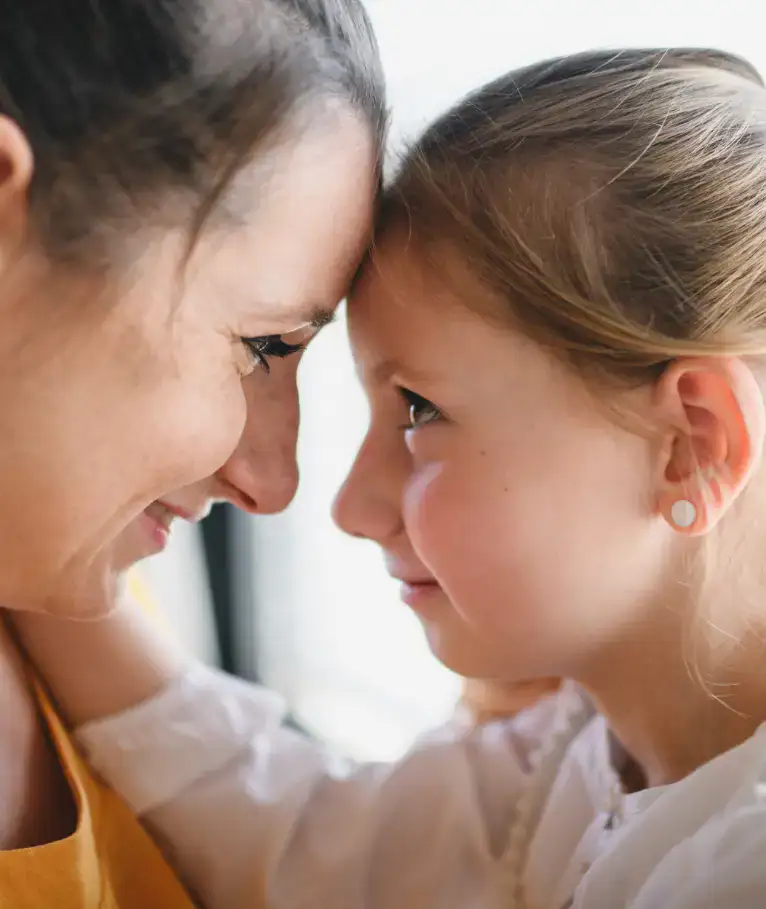

Gain a clinician’s map of the brain systems that underlie attachment, regulation, and relational healing. This session explores key structures—including the prefrontal cortex, limbic system, and mirror neurons—and how they shape empathy, attunement, emotional expression, and survival responses.
Over 90% of what we know about the brain has been discovered in the last two decades—and it’s transforming how we understand and treat relational trauma. You’ll learn how these systems function beneath conscious awareness, and how to use therapeutic presence, co-regulation, and embodied interventions to support healing
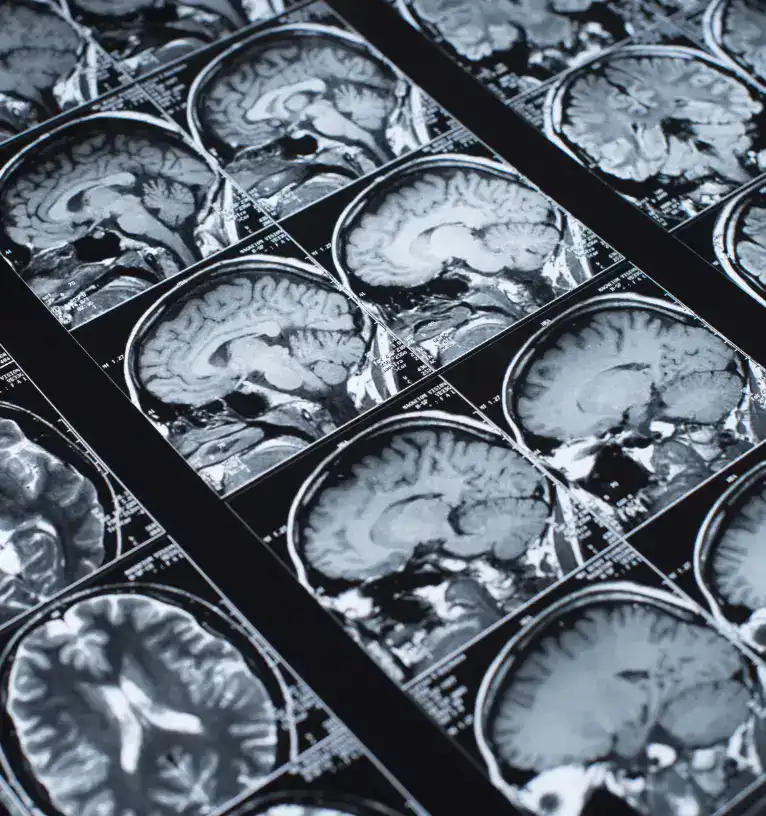

Discover how Polyvagal Theory explains states of shutdown, anxiety, and social engagement. You’ll examine how the vagus nerve mediates safety responses, how to recognize dorsal vagal collapse in real time, and how to help clients return to regulation through grounding, co-regulation, and somatic cues. This session includes case demonstrations and guided exercises to put theory into practice.
Polyvagal Theory offers a powerful lens for understanding how the nervous system responds to safety or danger before conscious awareness. You’ll learn how to work with these physiological states to gently guide clients back into connection and regulation.

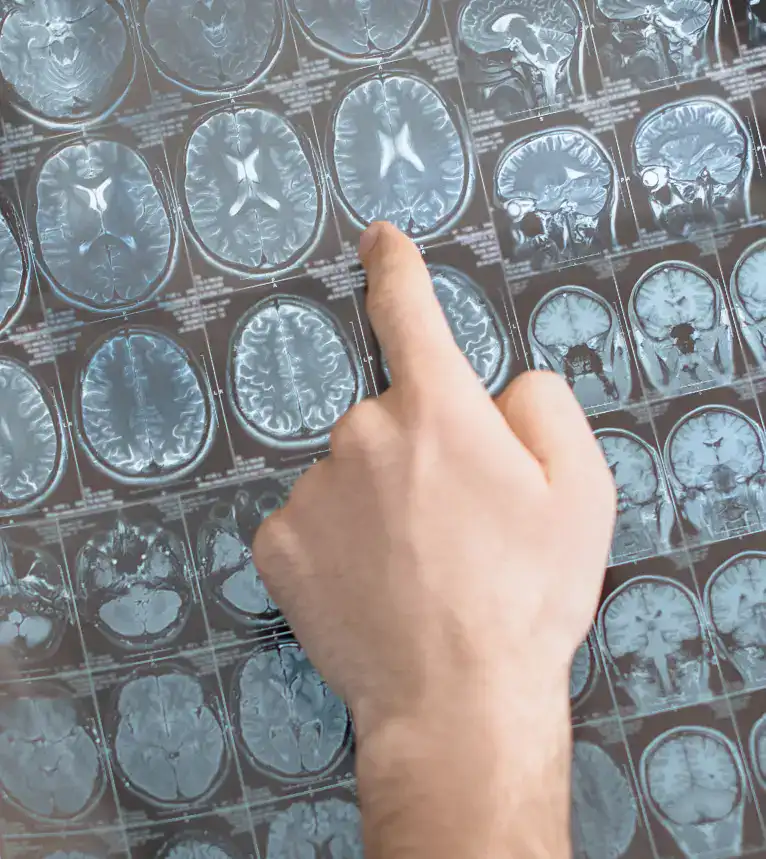
Unpack the hidden impact of generational trauma on current symptoms and relational patterns. Learn how unresolved wounds are passed down through behavior, biology, and attachment language, and how to differentiate inherited trauma from a client’s direct experience. You’ll gain tools to interrupt these cycles while creating new narratives of safety, belonging, and healing.
Sometimes trauma isn’t from the client’s lived experience — it’s inherited. This session explores how intergenerational trauma manifests through survival strategies, epigenetic imprinting, and unconscious relational dynamics. You’ll also learn how to help clients identify these invisible burdens and create corrective experiences that shift family patterns toward resilience and repair.


Bring it all together in this final integration module. You’ll explore how to apply attachment and neuroscience principles across different clinical situations and translate this understanding into actionable tools for long-term change. Ask questions, review core skills, and learn how to create a therapeutic environment that supports secure functioning and lasting resilience.
This session highlights strategies for weaving neurobiology-informed practices into your ongoing work, ensuring that the insights gained throughout the course can be sustained and adapted to meet the unique needs of each client. You’ll leave with greater clarity on how to integrate these methods into your therapeutic style, expand your clinical confidence, and support clients in achieving long-term transformation.

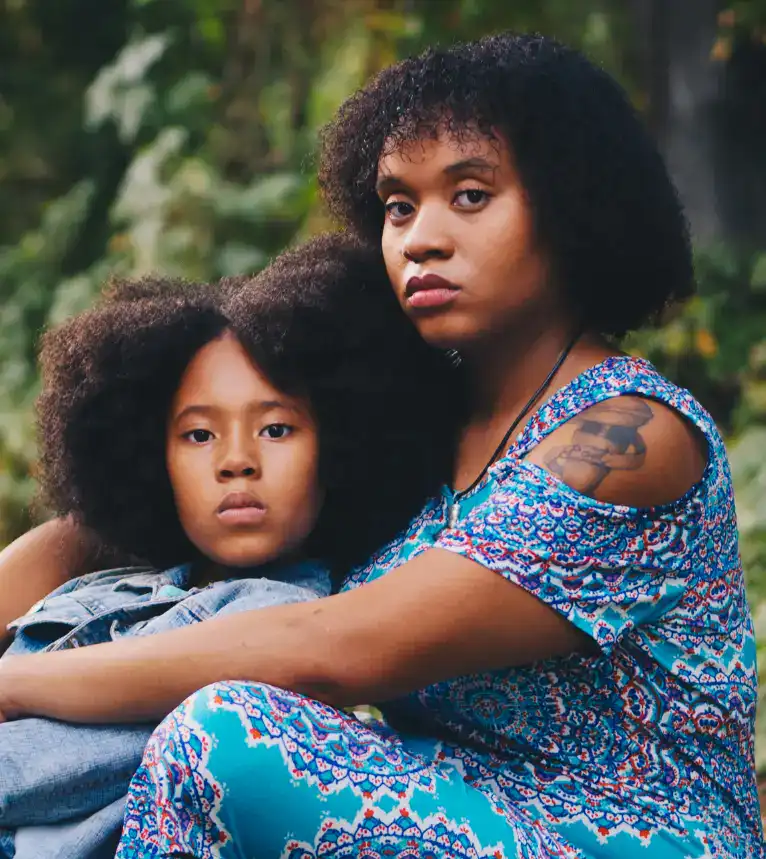
Our first session starts September 24, 2025
Enrollment only opens up once a year. Be sure to save your spot!
A 2-hour primer on adult attachment systems and adaptations, this mini-course introduces the four attachment styles and shows how they influence emotions, communication, and relationships today. With video lessons, transcripts, and a companion workbook, it gives you practical tools to begin strengthening secure attachment.
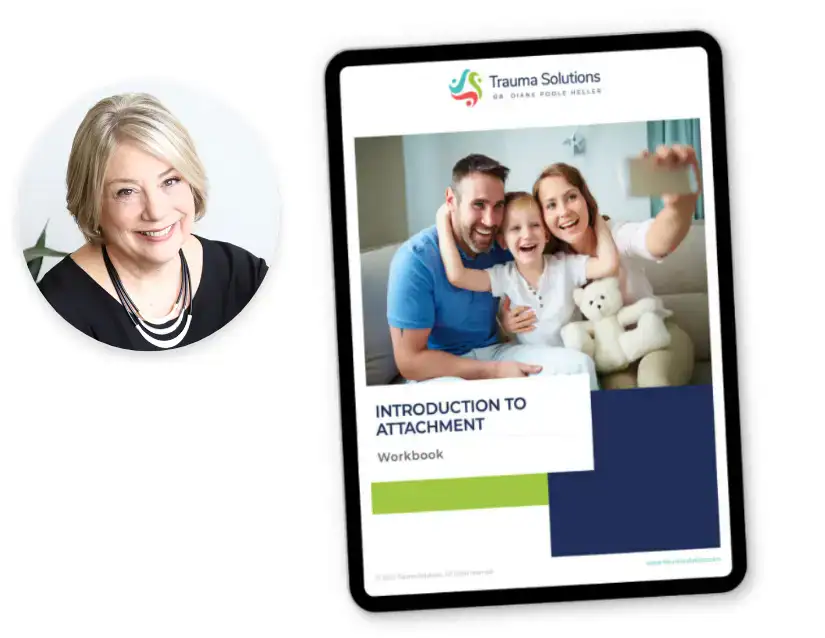
In this candid and insightful conversation, Dr. Diane Poole Heller speaks with Dr. Aimie Apigian—physician, trauma expert, and author of The Biology of Trauma. Together, they explore how unresolved survival states affect both body and mind, and how to begin shifting the nervous system toward safety and healing.
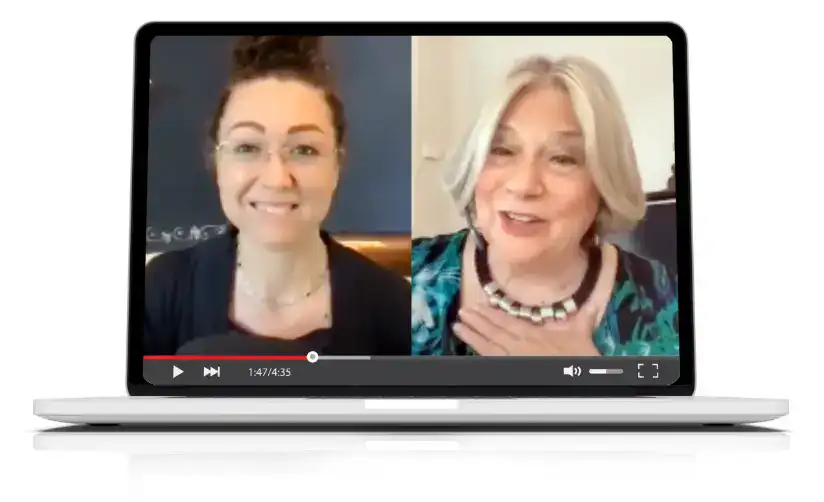
In this recorded interview, Diane is joined by psychotherapist and author Linda Graham to discuss how clinicians can apply neuroscience in real time. You’ll learn practical ways to deepen attunement, foster secure functioning, and create brain-based conditions for healing in session.
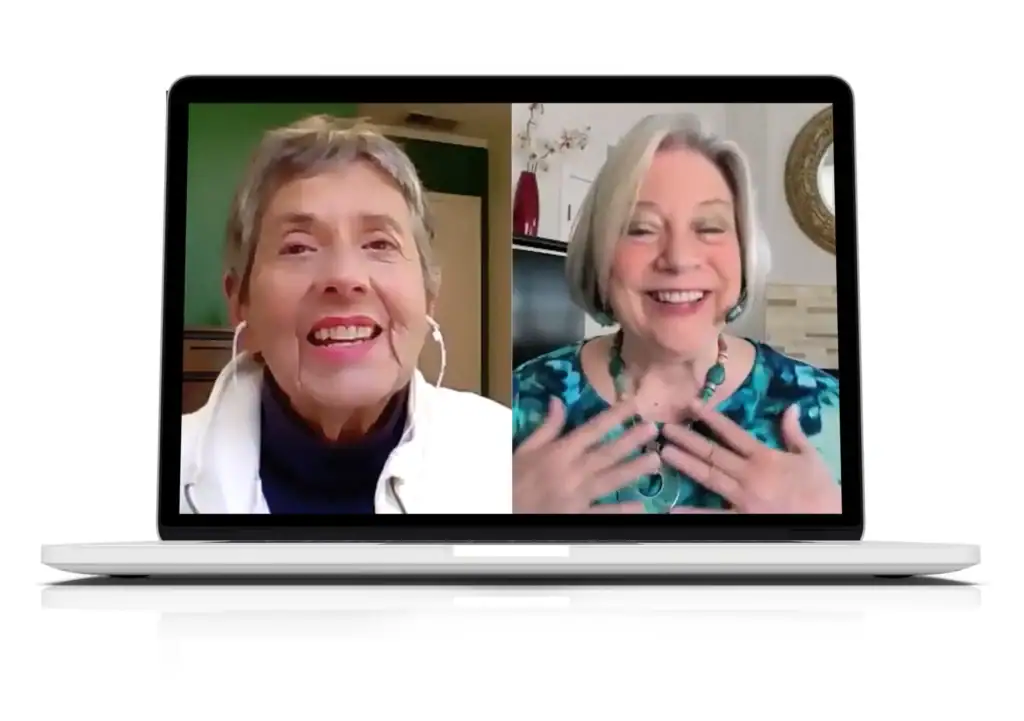
This detailed companion guide brings the training into your hands with key concepts, schema questionnaires, practical exercises, and curated references. Designed as a lasting clinical resource, it supports your learning throughout the course and gives you a place to reflect, take notes, and return to important insights over time.
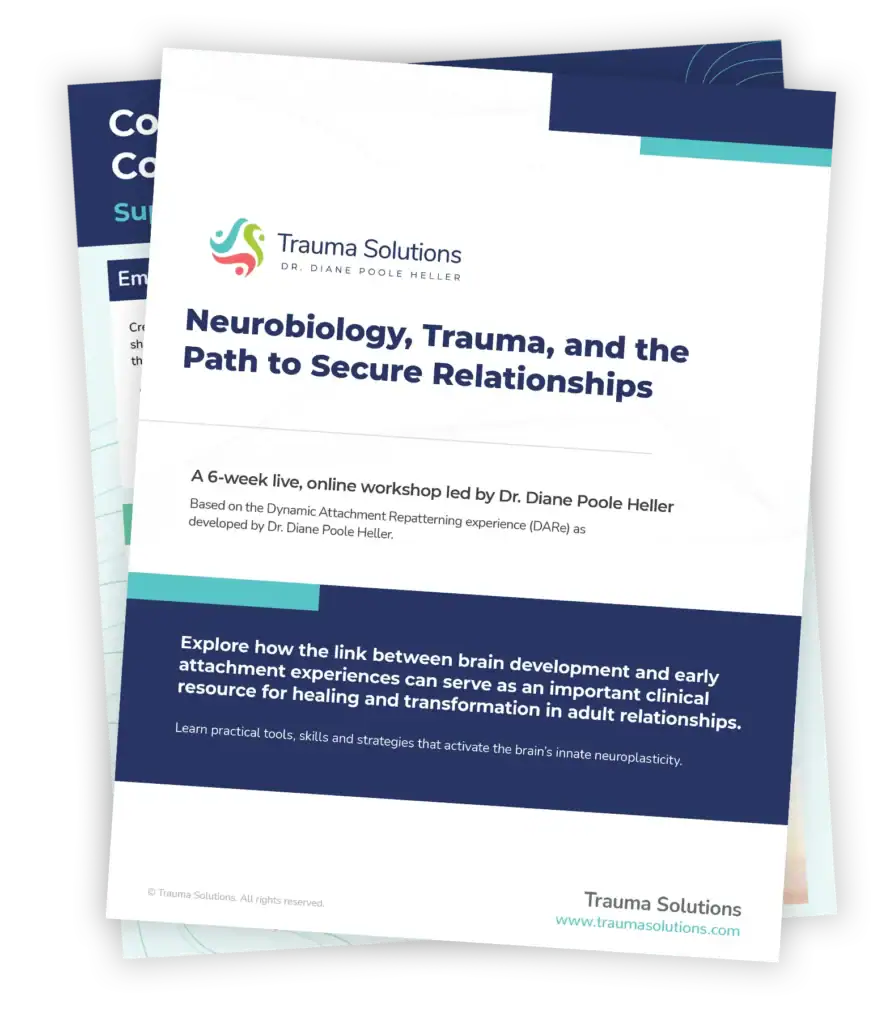
Do you need CE credits? This course includes 10 CE credits for eligible licensed mental health professionals at NO EXTRA COST.
Please note, only the live online sessions are approved for CE credits. To be eligible, professionals must attend all five live sessions. Attendance will be taken to verify eligibility.
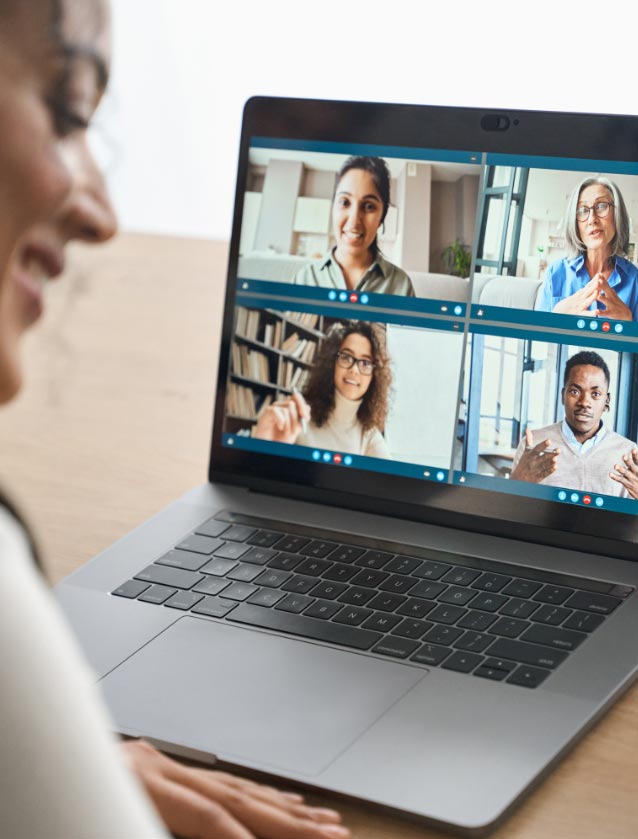
Don’t miss out on these essential resources!
Enroll now and get lifetime access to the training and all the bonus materials valued at $1,295!

“When we work with the nervous system, we meet clients at the level where change truly happens. Every session becomes an opportunity to rewire old patterns into pathways of safety, connection, and resilience.”
Diane Poole Heller PhD, is an internationally recognized speaker, author, and teaching expert in the field of adult attachment theory and trauma resolution.
Her signature approach—DARe (Dynamic Attachment Re-patterning experience)—provides therapists and individuals with relevant skills and practical exercises that facilitate healing from attachment and trauma wounds.
Her work with adult attachment has forged a path for adults with childhood attachment injuries to develop Secure Attachment Skills (SAS) that lead to more connected and fulfilling adult relationships. Through various training programs, books, lectures and her own work as a clinical therapist, Dr. Heller has helped a countless number of people in their healing journey towards experiencing greater intimacy, wholeness and more fulfilling relationships.
She believes that when we heal ourselves first, we heal our families, our communities and the world as a whole.
“I really loved everything about it. The neurobiology is fascinating and the impact of these exercises is actually mind blowing. Our implicit memories really do impact us daily without any sense of awareness. So it is beyond powerful to be able to bring that to surface.”
Susie-MFT


Get to the root of how early experiences shape the brain and use neuroscience-informed strategies to repair attachment wounds and build secure, healing relationships.
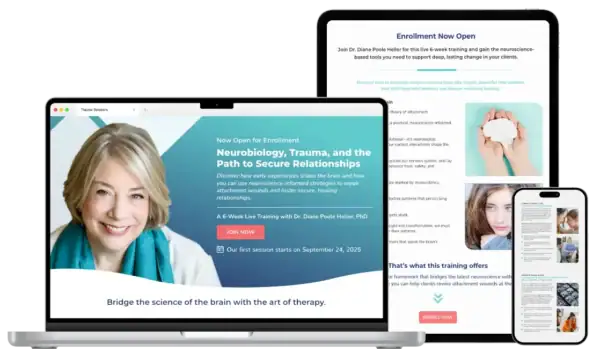
Join Dr. Heller for six LIVE, 90-minute online sessions that include teaching review, real client demos (with reviews and debriefs), mastery practice, and time for Q&A—and optional breakout group discussion.
Participate live or download the replay recording at your convenience if you cannot make the scheduled time. Learn concepts, frameworks, techniques, practical exercises and ways to apply the work to everyday practice.

Before each live session, you’ll get access to a recorded video module that introduces the neuroscience and clinical focus for that week. These modules lay the groundwork for understanding how the brain and nervous system shape attachment patterns, regulation, and relational dynamics.
Each module is designed to equip you with clear insights, practical strategies, and neuroscience-informed interventions that you can apply immediately to help clients shift protective patterns and move toward secure connection.

This course goes beyond theory. Through real case demonstrations, Dr. Diane Poole Heller shows you how to apply neuroscience-informed strategies that foster healing in clinical practice while also supporting your own growth as a practitioner.
Detailed debriefs expand your understanding and provide clear guidance on how to integrate this approach with your existing modalities during therapeutic sessions.
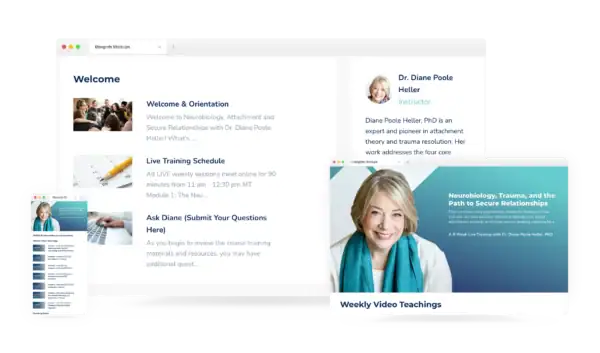
Every live training will be recorded, and the replays will be available in video, audio, and written transcript format. With lifetime access in your learning portal, you can revisit the content anytime to strengthen your understanding and apply the material at your own pace.
The course portal also serves as a hub where you can ask questions, connect with peers, and grow your professional network, while receiving direct guidance and support from Dr. Diane Poole Heller.
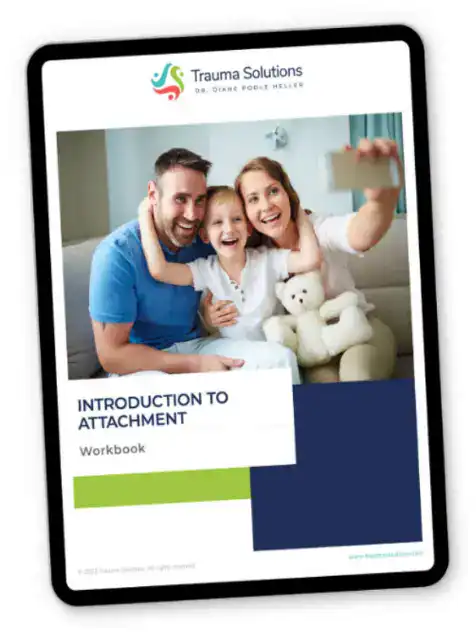
This 2-hour, 4-part training offers a clear primer on the four attachment styles — secure, avoidant, ambivalent, and disorganized. With video lessons, audio recordings, transcripts, and a companion workbook, you’ll learn how attachment patterns develop, how they influence relationships, and how to begin strengthening secure attachment.
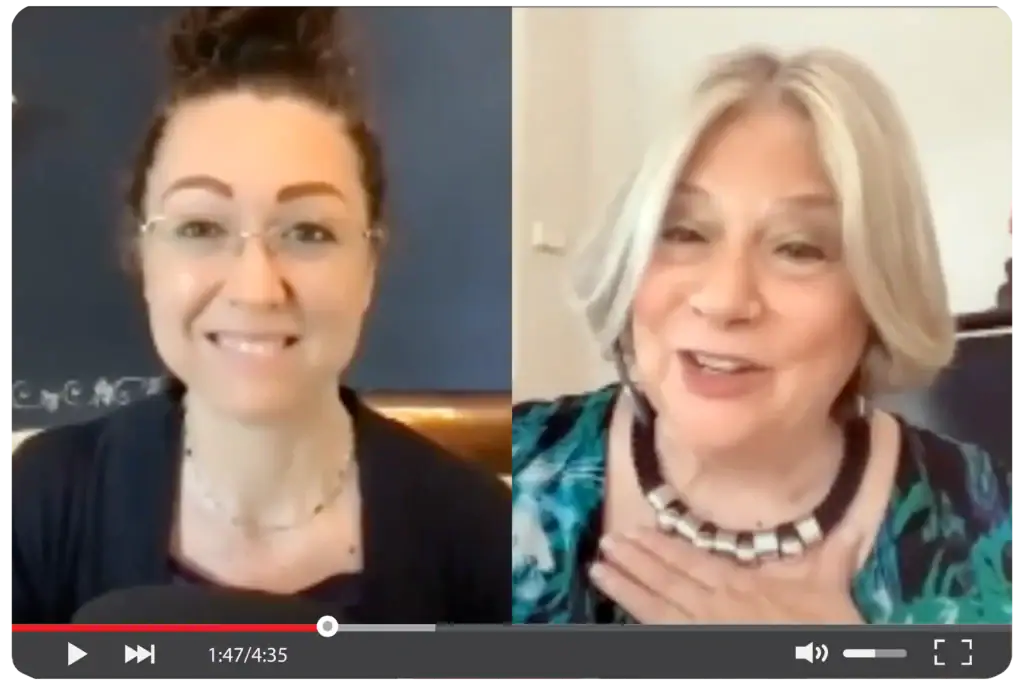
In this engaging conversation, Dr. Diane Poole Heller sits down with physician and trauma expert Dr. Aimie Apigian, author of The Biology of Trauma. They discuss how unresolved survival states shape both body and mind, and share practical ways to begin guiding the nervous system toward greater safety and healing.
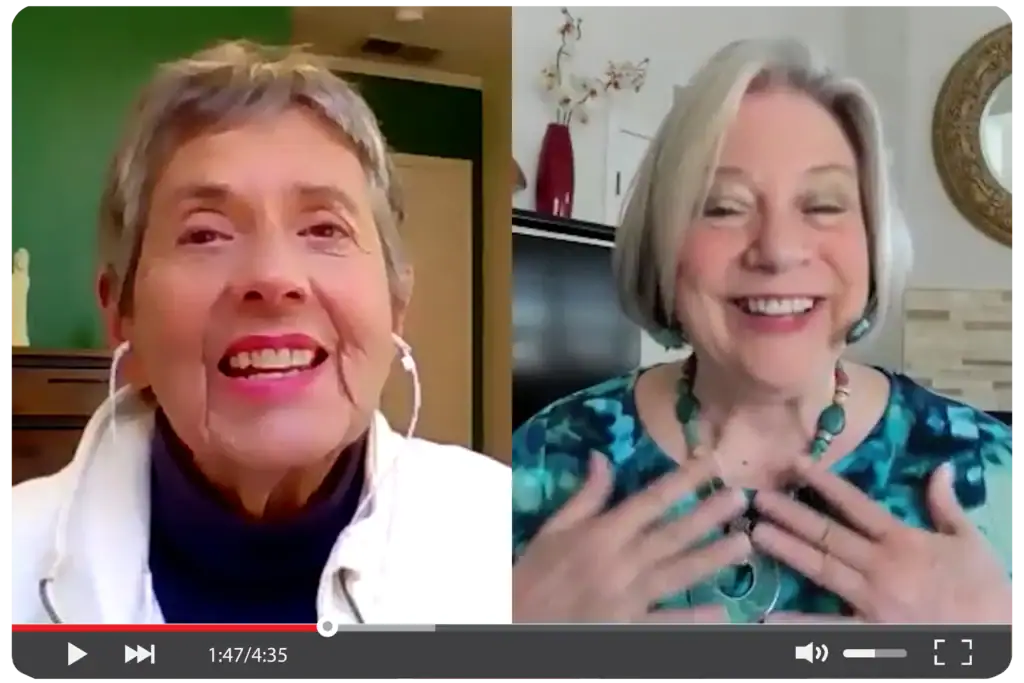
In this recorded conversation, Dr. Diane Poole Heller and psychotherapist Linda Graham explore how clinicians can apply neuroscience moment by moment in session. You’ll discover practical approaches to strengthen attunement, support secure functioning, and create the brain-based conditions clients need for healing.

Follow along with this comprehensive guide that reinforces each week’s teaching and helps you apply the material in practice. With more than 40 pages of summaries, exercises, and space for reflection, the Course Companion makes it easy to integrate the training into your work, revisit key concepts, and track your progress over time.

This course is approved for 10 CE credit hours for licensed mental health professionals, offered at no additional cost. Designed for beginning through advanced practitioners, the training provides continuing education credit for licensed professional counselors and licensed clinical social workers.
*Must attend all six live online sessions.
Don’t miss out on these essential resources!
Enroll now and get lifetime access to the training and all the bonus training materials, valued at $1,295!


Try the Neurobiology, Trauma, and the Path to Secure Relationships course 100% risk-free.
If, for any reason, you don’t feel it meets your needs, please contact our friendly Customer Support Team within 7 days of the course start date (on or before October 1, 2025) and we’ll happily issue you a refund.
Remember, this course is only offered once a year!
Enroll now and join us for the first session on September 24th
Do you need CE credits?
This course includes 10 CE credit hours
Course Level: Beginning to advanced practice professionals
Target Audience: Licensed mental health professionals
Continuing Education Credit has been approved for the following professions:
*ONLY THE LIVE ONLINE SESSIONS ARE APPROVED FOR CE CREDITS.
To be eligible, professionals must attend ALL SIX live sessions. Attendance will be taken to verify eligibility.

A Certificate of Completion is available to all participants at the end of the course at no additional charge upon request.
It is the participants’ responsibility to check their individual state boards to verify CE requirements for this state. For detailed information regarding CEs, please contact our Customer Support Team.
Absolutely not. While many of the people who participate in our Attachment & Trauma Mastery courses are both novice and experienced practitioners—exploring the core concepts of neuroscience and how they relate to the origins of attachment styles can be extremely beneficial to anyone who would like to better support and promote their own psychological, emotional and behavioral growth.
With this program, you’ll learn how an understanding of brain biology can help you address unhealthy behaviors, language styles and attachment adaptation patterns.
This course is designed for licensed therapists, counselors, and mental health professionals who want to integrate neuroscience and attachment theory into their clinical work. Coaches, healers, and somatic practitioners with a solid foundation in trauma-informed care may also find value in this course.
Course participants should have completed (or be enrolled in) the Fundamentals of Attachment Styles—either live or online—which is the first course (Level 1 / DARe 1) in our Attachment & Mastery Training Program and DARe Certificate Program.
Please note, if you are enrolled in the DARe Certificate Program, the Introduction to Attachment styles will not count towards completion of your DARe 1 requirement.
Of course! You’ll have access to ALL training materials, including videos, transcripts, worksheets, demos, resources and bonuses for the lifetime of the program. The only thing you cannot download are client demos—because we need to honor and respect client privacy and confidentiality.
Both. Each LIVE class will be streamed online for 90-minutes, via Zoom. Additionally, you’ll be able to submit questions each week and during the live session, which includes time for Q&A.
Instructional teaching material has been pre-recorded by Diane for each module (along with slide handouts, audio and transcripts), so that you may review it at your own pace in your personal learning portal (Kajabi). The recorded training provides background and additional training for what will be covered during each live session.
There is one live BONUS hands-on, implementation workshop session with Diane. An exercise-led workshop where Diane will teach you three relational resourcing exercises—and you’ll get a chance to break out into small groups for practice.
Every live call and workshop will also be recorded and stored in Kajabi, so you may review it at your own pace. However, to get the most out of this course, we highly recommend you attend the live sessions if you can.
We would love to have you join each session live, but if you are unable to do so, that’s ok—all sessions and training calls (including the Q&A) are recorded and stored in your professional reference library, so you can still receive the information and coaching you need.
Plus, you can always submit a question via your personal learning portal (Kajabi) outside of the live sessions. It’s a great place to ask questions, share insights and get support from Diane and your colleagues at any time.
Just a quick reminder—if you need CE credits, only the live sessions for this course have been approved for a total of 10 credit hours.
The LIVE, ONLINE sessions for this course have been approved for a total of 10 CE credit hours. These credits are already included in your purchase price.
If you are a licensed clinical professional counselor or licensed social worker––and you need CE credits, you will need to attend all 6 live sessions (excluding the bonus implementation sessions).
Attendance will be taken at each session to verify your eligibility.
Upon completion of the course, you will be sent an activity evaluation link, which must be completed within 60 days after the last program session (by Monday, December 29, 2025). Upon submission of the activity evaluation, participants can print their certificate or statement of credit immediately.
Also, a Certificate of Completion is available to all students at the end of the course upon request at no additional charge.
Note: It is the participants responsibility to check their individual state boards to verify CE requirements for their state. For detailed information regarding CEs, please contact our Customer Support Team.
DARe stands for Dynamic Attachment Re-patterning experience—a groundbreaking somatic, adult attachment approach for therapists and other mental health practitioners who want to help their clients develop stronger and more secure attachment. The DARe Certificate Program consists of four training modules in which you learn a unique blend of somatic experiencing techniques, modalities for treating attachment adaptation injury, neuroscience and spiritual perspectives.
The DARe Certificate Program provides valuable credentials, as well as a chance to be listed online in our Approved DARe Provider directory. Our DARe graduates demonstrate a high level of understanding of attachment theory and somatic methods and skills, as well as the ability to integrate exercises and interventions into clinical practice. If you wish to learn more about the DARe Certificate Program, please visit our website at www.traumasolutions.com/dare-certificate-program/
Yes, this course covers the same content and learning objectives as our live, DARe 3-day training, but in a different format.
This program, Neurobiology, Attachment & Secure Relationships, is a 6-week, online, self-paced course that also includes additional bonus resource material and weekly live calls with Dr. Diane Poole Heller.
Additionally, you get lifetime access to ALL training materials, including video and audio recordings, transcripts, worksheets, exercises and demos.
If you are enrolled in the DARe Certificate Program, this course WILL count towards your completion requirements.
We do offer a limited number of partial scholarships for students who attend an accredited university. Reduced enrollment rates are also available for those with limited resources in countries defined as low and lower middle income by the World Bank. Please contact our Customer Support Team for more information.
If you have additional questions or need technical support, please contact our Customer Support Team for help.
We’re confident this program will be a valuable investment in your education, personal growth and clinical practice.
If you enroll in Neurobiology, Trauma, and the Path to Secure Relationships and you decide to withdraw from the course for any reason, you may cancel you participation within 7 days of the course start date and request either a full refund or credit for a future course.
You must make this request in writing to our Customer Support Team on or before Wednesday, October 1, 2025. Refunds will be issued in the same form of payment made, and may take up to four weeks to process.
Don’t miss your chance to learn directly from Dr. Diane Poole Heller in this course that’s only offered once a year!
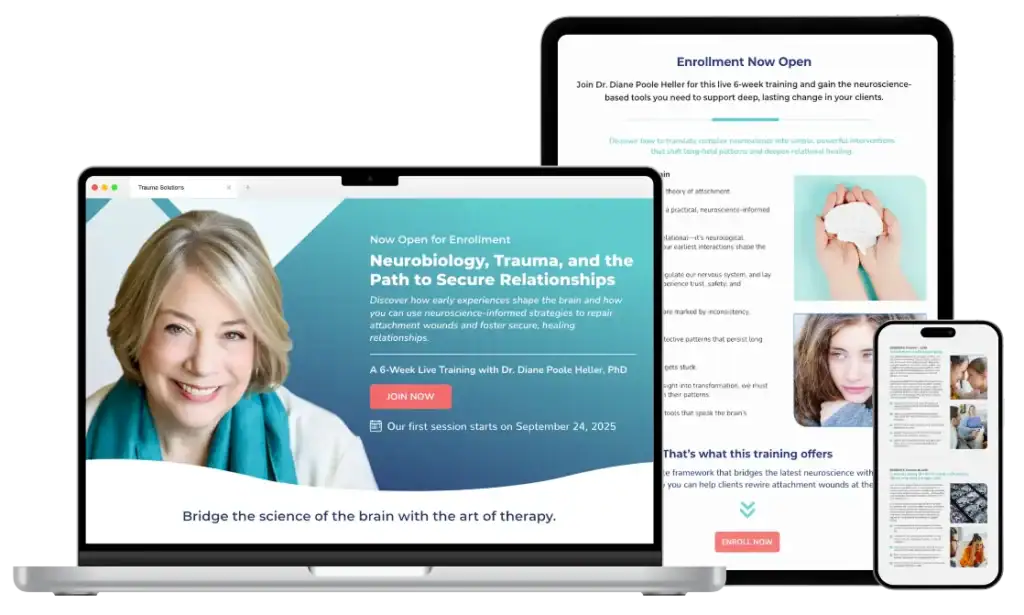

“Classes with Diane are so rich and full. She presents the material so that anyone can “get it” and it doesn’t make the client wrong or that something’s “wrong” with them. Attachment work has a very thorough, deep and profound way of helping someone transform whatever trauma they may be carrying.”
Julie Manwiller, Seattle, WA


Try the Neurobiology, Trauma, and the Path to Secure Relationships course 100% risk-free.
If, for any reason, you don’t feel it meets your needs, please contact our friendly Customer Support Team within 7 days of the course start date (on or before October 1, 2025) and we’ll happily issue you a refund.